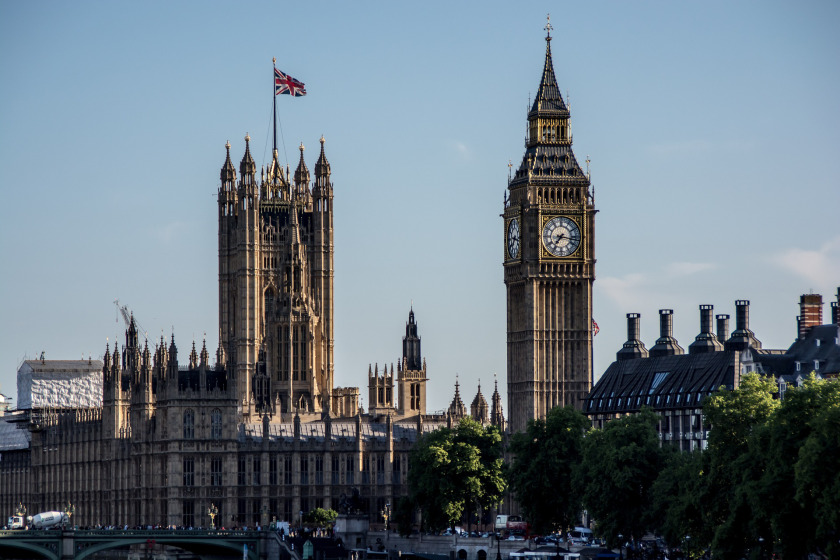-

UK Parliament Week
-
15th November 2016
-
-
by David Clark
Head of Outreach and Engagement, Houses of Parliament
Creating links between people and parliament, and involving them in the decisions that parliament makes, is increasingly important.
Similarly one of the most important roles played by charities is to provide a voice for their beneficiaries, often representing their concerns through engagement with parliament.
UK Parliament Week, which is an annual week-long programme dedicated to the UK parliament and democracy, is a great opportunity for your organisation to help your communities get involved and make their voices heard.
The relationship between community organisation and parliament
Community organisation are a vital part of our democracy that help to give a different perspective to the laws that parliament makes and the issues it debates. They also help people from across the UK take an active role in their democracy by making their voices heard about issues that matter to them.
We see Community organisation regularly mentioned by MPs and members of the House of Lords during debates, whether to highlight the impact they make in communities or through scrutinising government policy in a wide range of areas, providing unique insight often gathered directly from those affected on the ground.
Community organisation often provide that direct link to the public, and particularly those who are most vulnerable, and as parliament seeks to increase public engagement in the workings of Westminster further, the voluntary sector has the scope to play a key role.
UK Parliament Week
That’s why we want Community organisation to get involved in UK Parliament Week this November (14-20 November). Of course Community organisation can help their audiences understand and get involved with parliament all year round but this week is a real opportunity to get your organisation and your audiences to think about and get involved with parliament, its work and members.
How you can take part
Your contribution to UK Parliament Week can be as big or as small as you want – whatever suits your organisation and audiences. You could, for example:
- let your audiences know about how they can get involved with parliament with posters, leaflets and information provided by us
- invite your local MP, a member of the House of Lords or local politicians to an event
- ask a member of parliament’s community outreach team to deliver a free workshop about how to make your voices heard in parliament
- invite a person or group who’ve engaged with parliament to give a talk – and ask them to share their experience (for example someone who’s given evidence to a committee: why it was important and how they found the experience).
- What parliament can offer you
- Taking part in UK Parliament Week means that you’re part of a UK-wide network of organisations. The UK Parliament Week team are here to answer any questions you may have, or suggest ideas about how you could take part.
We will also:
- have toolkits available that you can use to help plan your event or activity.
- send you a pack of free giveaways and leaflets to give to your audience at your event
- publish your event or activity online and in our programme (if it’s open to the public), we’ll include you in our press work and give you a template press release and media tips.
The relationship between parliament and Community organisation is hugely mutually beneficial. In parliament, scrutiny of policy through debates, legislation and committees is undoubtedly improved by the input of charities. And for Community organisation, parliament is one of the main forums through which they can shape the policy agenda, and ultimately improve the lives of their beneficiaries.
By working together during UK Parliament Week, we can strengthen this relationship further, and crucially ensure that Community organisation can provide an even more direct route for the public to engage with parliament.
-
-
- About CTA
- /
- CTA Membership
- /
- CTWeek24
- /
- Policy & Research
- CommunitySolutions: A Manifesto for the Next UK General Election
- Our Campaigning Guide for Community Transport
- Our Policy Work
- Join Our Mapping England Passenger Survey
- Aneurin Bevan Transport to Health
- Climate Action in Scotland
- conneCTing England Programme
- Mapping Scotland Project
- Mapping Wales
- Mapping England
- Tackling Loneliness in England
- Healthy Communities in Scotland
- /
- Advice & Support
- /
- Training
- /
- Events
- /